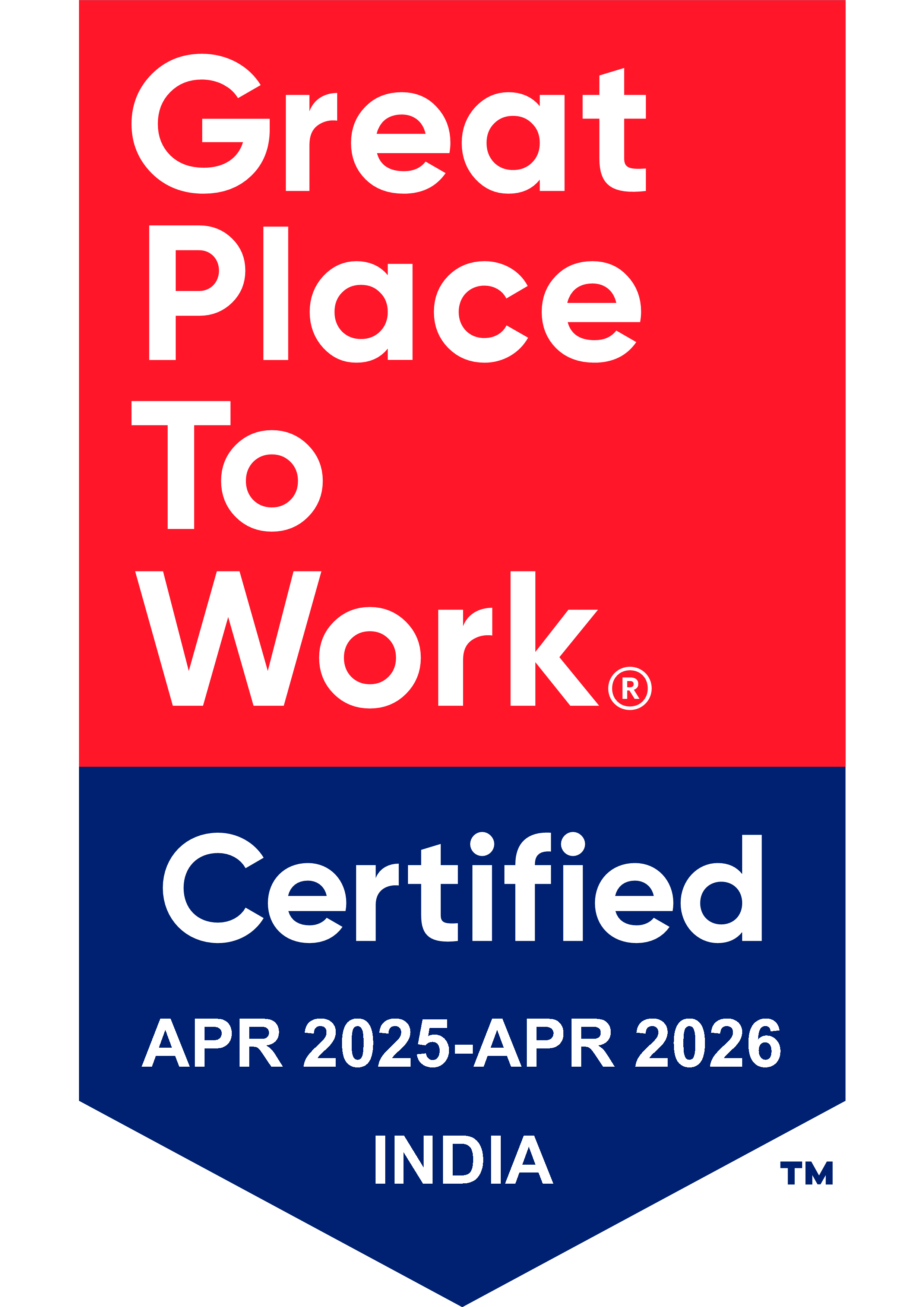Posted On:
How DevOps can help businesses get maximum efficiency with seamless automation?
When it comes to quicker delivery of projects and highly steadfast operating environments, DevOps can be considered as a rational justification. For a heterogeneity of agile software development, it allows continuous collaboration between software development and testing, ensures quick service delivery and end-user satisfaction. On the other hand, considering DevOps as a collaborative mindset enforces professionals to come up with faster and more efficient ways to deploy, operate and upgrade applications. DevOps toolchain when assimilated into the software development and delivery process, can immensely transform the enterprise’s efficiency and productivity. DevOps offers businesses a new way of delivering value to their customers rapidly. This involves the use of automated processes to increase the rate of application development within organizations. So DevOps can be helpful from making teams (developers and testers) work seamlessly to automating routine tasks.
DevOps has brought the development and operations team on the same boat. This approach aids in breaking down the goal of the team to the specific members. Thus, responsibilities are distributed so that everyone in the team has a clear understanding of their roles and application performance status. This, in turn, also enhances their interpersonal skills and work performance. The success of enterprises today relies on an active partnership between development partners and operation partners. The business needs must be met for a product to become successful. When enterprises search for a development partner, they opt for the one who can deliver more than the expectations set by the enterprises.
Of course, there are deployment hurdles, understanding these nuances of this field, HyTechPro provides a perfect ensemble of all the features and helps the enterprises in making their own roadmap to launch successful products. Here are the best approaches and stanchions for DevOps transformation, which HyTechPro follows.
Addressing business IT needs with our 7Cs approach
A whole business world is abuzz with ‘digital transformation’. Gone are the days when the best practice to know the customer was through CRM. Today digital footprint does the job of understanding customer behavior and expectations. At HyTechPro, we follow a result-oriented approach to digital transformation by developing a ‘7C digital transformation framework’ powered by Business Intelligence(BI).
Our 7Cs Digital Transformation Framework includes:
- Continuous Feedback
- Continuous Business Planning
- Collaborative Development
- Continuous Testing
- Continuous Integration
- Continuous Deployment
- Continuous Monitoring
“We just don’t do DevOps because employing DevOps is just not sufficient to make a product successful. We offer more,” says our COO, Mr.Neeraj Garg. At HyTechPro, the development team and the operations team work in sync so that the product evolvement and customer feedback that is received is taken in to bring out the needed changes in a product. As the entire concept of DevOps is dedicated to increasing business potential and faster product delivery, thus at HyTechPro we give utmost importance to constantly track performance metrics and analyze the area of improvement. As the customer feedback pours in, HyTechPro uses the tool JIRA - a repository tool where all the feedbacks are transparent enough to be seen by the concerned people to take actions.
After this step, Continuous Business Planning comes into the play. In this step, HyTechPro ensures that a well experienced Business Analyst guides the developer and the business demands to bridge the gap between the needs of the enterprise while maintaining the technical viability of the product. The Business Analyst ensures continuous business planning with JIRA along with collaborative development.
This eventually leads to the code development stage. To check in and check out the code, HyTechPro uses control tools like GITHUB and SVM to maintain the same code version after each repair. After which the code proceeds for Continuous Testing done by SELENIUM. As opposed to manual testing, automated testing tools bring a remarkable shift to the product quality to increase the rate of success even further.
Eventually, the different branches of codes are taken for Continuous Integration. JENKINS or TeamCity hitch the codes into live environments to check their compatibility. Further, the Continuous Deployment by Chef and other tools ensure deploying the code into different environments. At the same time, Continuous Monitoring establishes a fool-proof ensemble of product infrastructure and the system needed to complete the product cycle.
The 4 Stanchions
For the success of a product, it is paramount to establish a digital transformation framework that stands on 4 stanchions. These stanchions (Social presence, Mobility, Analysis, and Cloud) are critical to the establishment of any enterprise future roadmap. They provide faster output and provide standalone time for marketing the products. Such DevOps methodology by HyTechPro powers the business processes to establish links and become more customer-centric in order to forge powerful and significant relationships.
Above all, there's a huge amount of value that you can gain from the use of this 7Cs approach and enable maximal automation. The amount of DevOps technology on the market today is growing by leaps and bounds, and it's improving and growing rapidly.
Our ‘7Cs Approach to Success’ also got listed by CIOReview. We have been also recognized as ‘20 Most Promising DevOps Solution Providers - 2019' by CIOReview. Read the full story here.




Comments